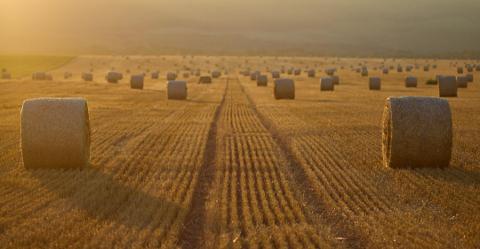Gezira Scheme – Sudan
Feeding the Nation, Sustaining the Future.
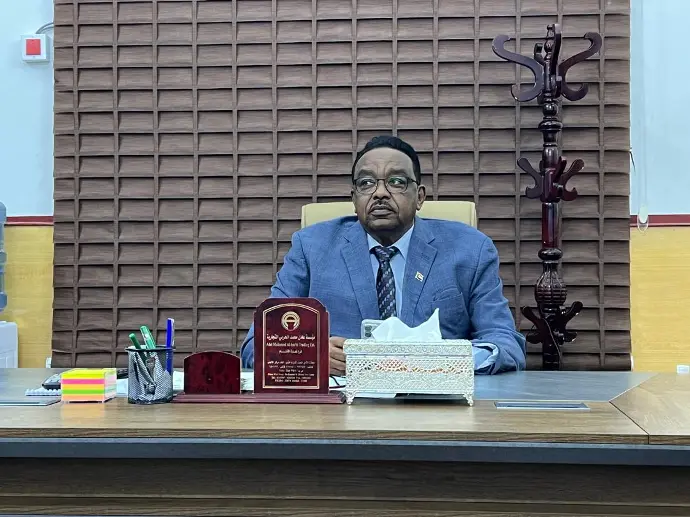
Eng. Ibrahim Mustafa
Governor of the Gezira Scheme
- Leads the revitalization and management of one of Sudan’s most important agricultural assets, with special focus on restoring irrigation infrastructure and improving farmland productivity.
- Instrumental in establishing an Emergency Fund to support farmers and stakeholders and to repair damage from recent conflict.
- Advocates strong partnerships with international and regional actors (e.g. Egypt, Turkey, FAO) to supply agricultural inputs, technology, and investment.
- Emphasizes food security, modern techniques, and community inclusion in policies to rebuild productivity across the Gezira fields
🌿 Historical Background of the Gezira Scheme
The Gezira Scheme is one of the largest and oldest irrigation projects in Africa and the Middle East. It was formally established in the 1920s under British colonial administration to meet the growing demand for cotton in the British textile industry. Construction began with the Sennar Dam (completed in 1925) on the Blue Nile, which provided a reliable source of irrigation water for the Gezira plains.
Over time, the Scheme expanded to cover a massive area between the Blue and White Niles, becoming a model of large-scale, gravity-fed irrigation agriculture.
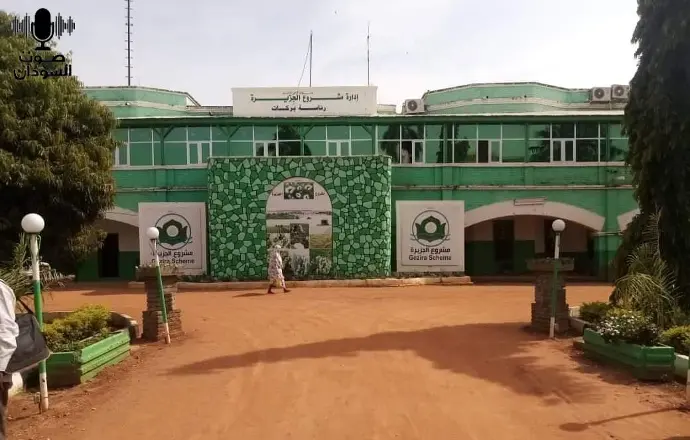
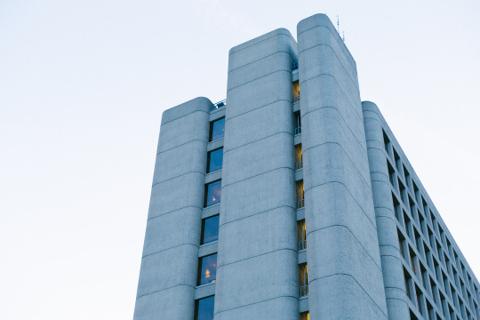
Gezira Scheme Head Quarter Departments
The Scheme’s headquarters hosts a wide range of specialized departments and offices, each with a critical role in administration, operations, and farmer support.
These include:
Discover more

The Gait (Field) Department Sections
The Gait Department is the heart of agricultural operations. It is subdivided into 18 sections, each responsible for direct field management.
- Every section supervises 4–7 local offices, depending on geographic coverage.
- Each office coordinates irrigation, planting schedules, crop supervision, and farmer relations within its area.
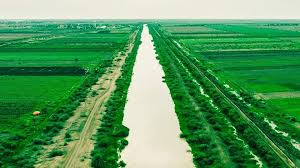
Hawashas (Farmer Fields)
At the grassroots level are the Hawashas—the individual fields farmed by tenants.
- A single office oversees many Hawashas within its territory.
- These fields form the productive unit of the Gezira Scheme, where cotton, wheat, sorghum, and other crops are cultivated under the irrigation system.
- Through this structured hierarchy, farmers receive direct support, guidance, and monitoring, ensuring both productivity and sustainability.
Continue reading
A visual diagram showing the structure of the Gezira Scheme
Headquarters Departments, the Gait Sections, and Hawashas.
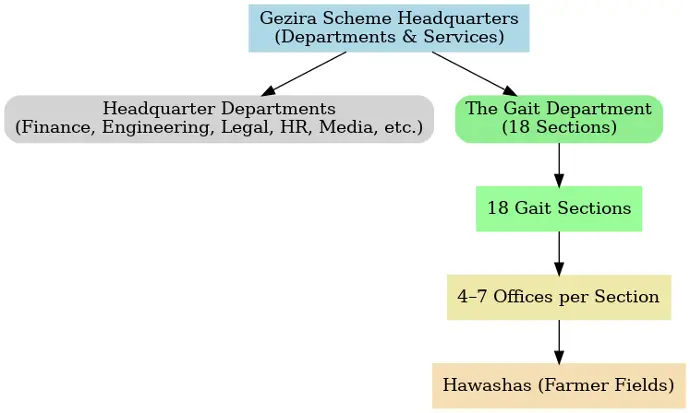
Features that set us apart
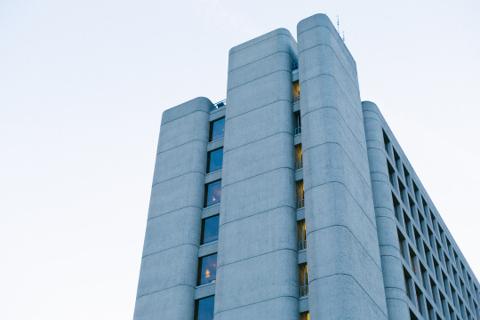
Quality and Excellence
We provide personalized solutions to meet your unique needs. Our team works with you to ensure optimal results from start to finish.

Expertise and Knowledge
Customer satisfaction is our priority. Our support team is always ready to assist, ensuring you have a smooth and successful experience.
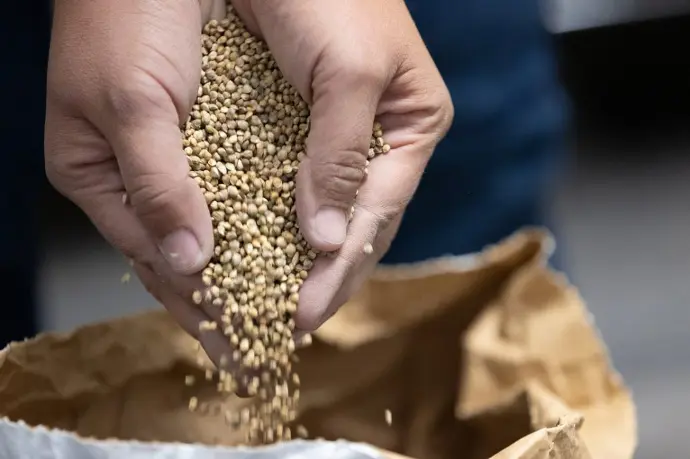
Eco-Friendly Solutions
We offer cutting-edge products and services to tackle modern challenges. Leveraging the latest technology, we help you achieve your goals.
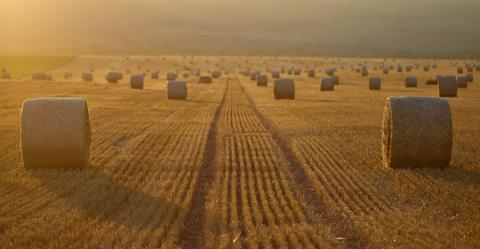
Tailored Solutions
With extensive experience and deep industry knowledge, we provide insights and solutions that keep you ahead of the curve.
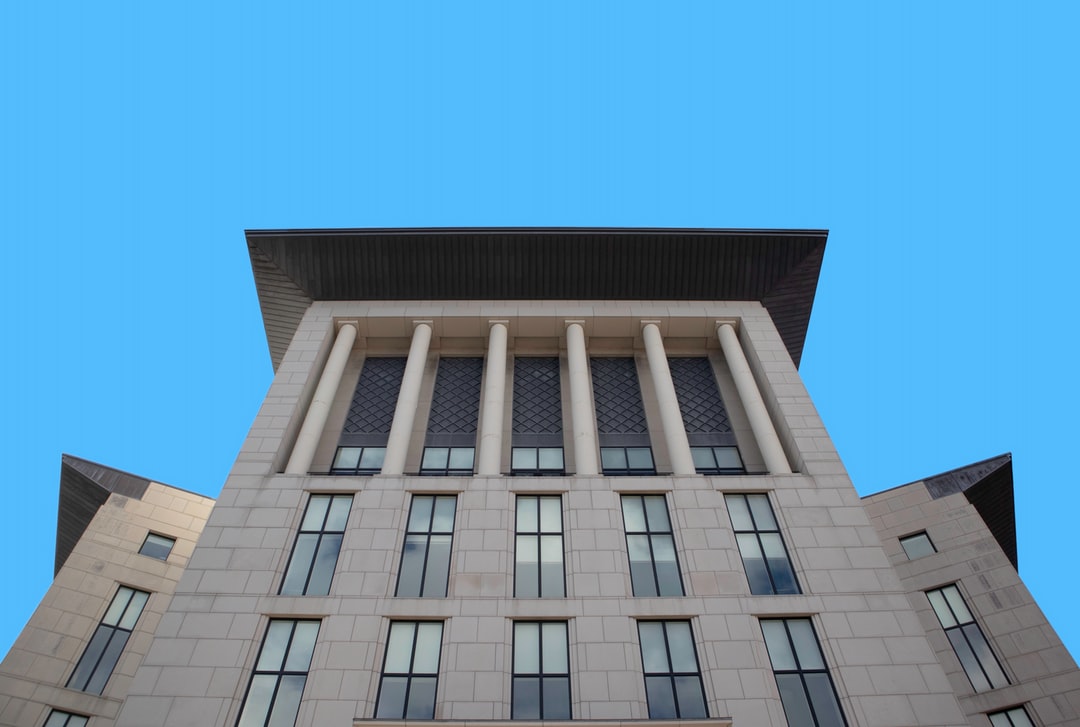
Key
Milestone
Reaching new heights
Greater
Impact
Making a difference every day
Innovation
Hub
Where ideas come to life
Community
Focus
Building connections
Key Metrics of
Municipal Agricultural Development Achievements
Analyzing the numbers behind our success:
an in-depth look at the key metrics driving our agricultural development initiatives
12k
Community resources
45%
More community engagement
8+
Successful projects


